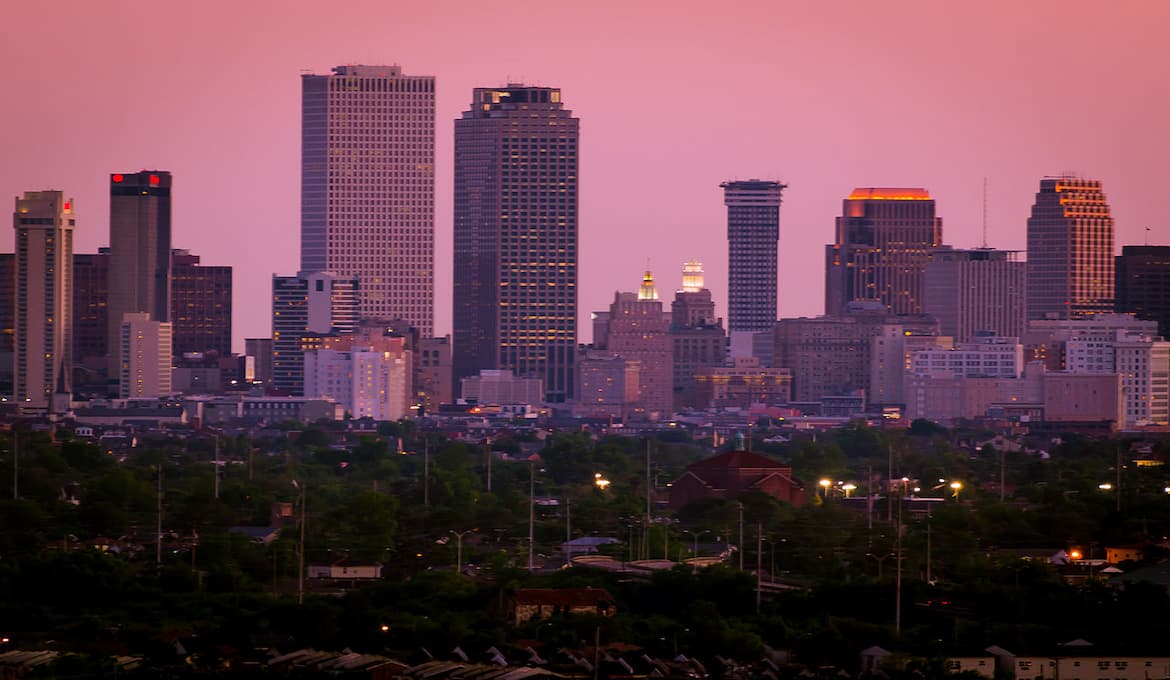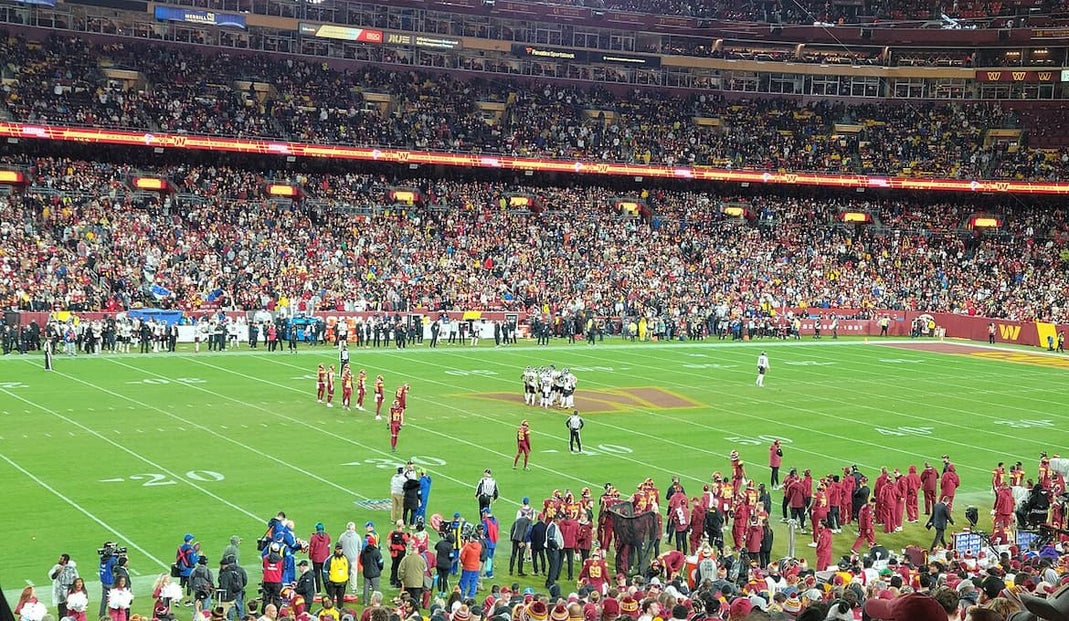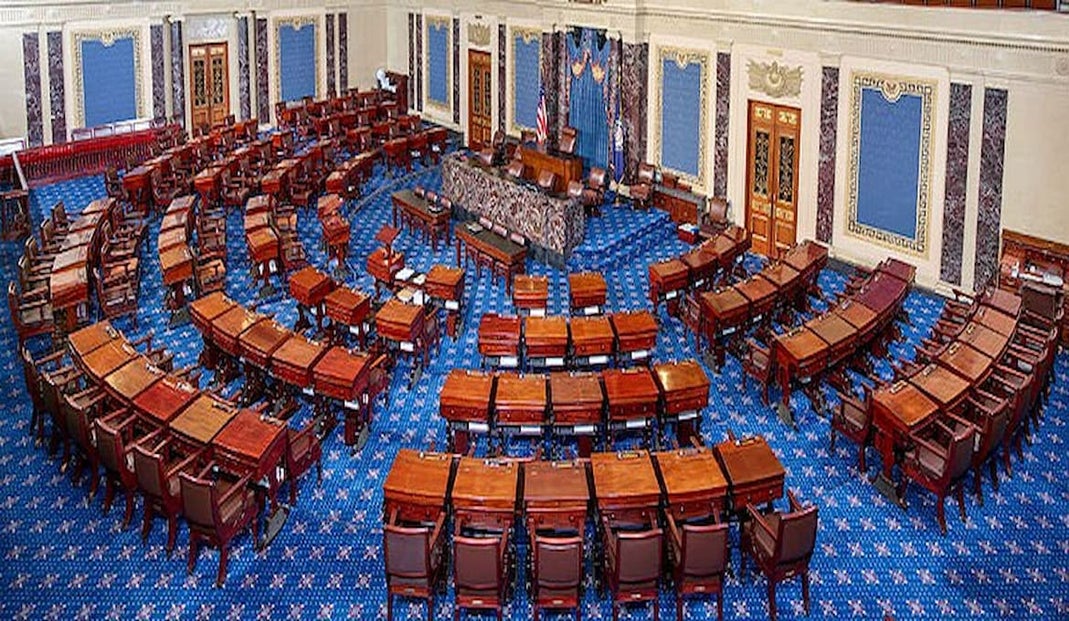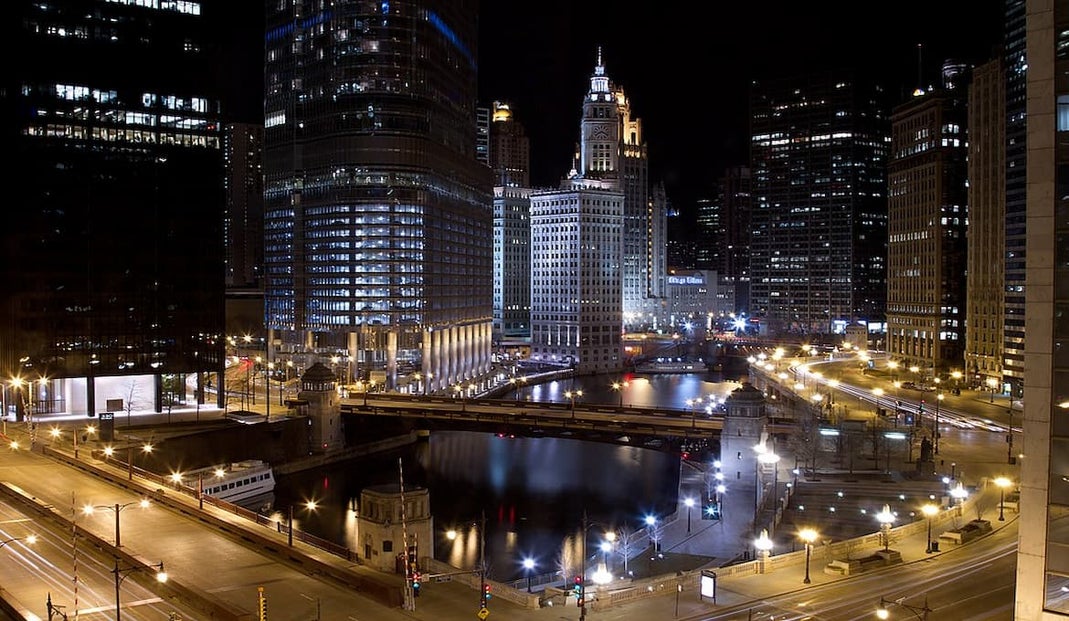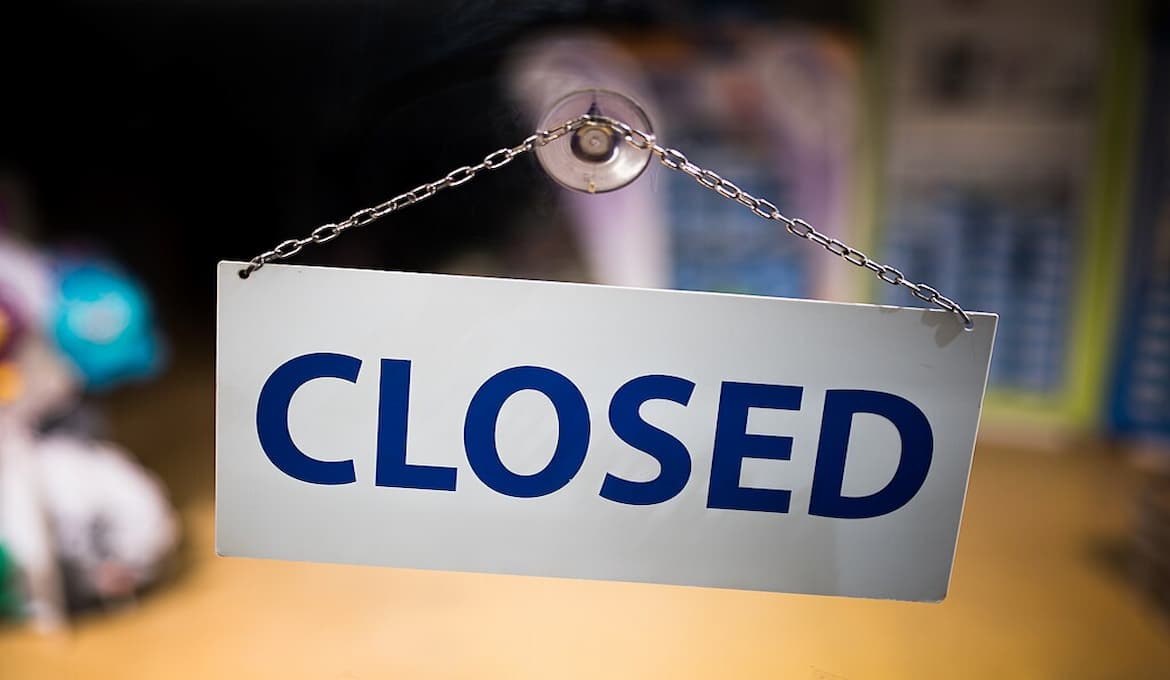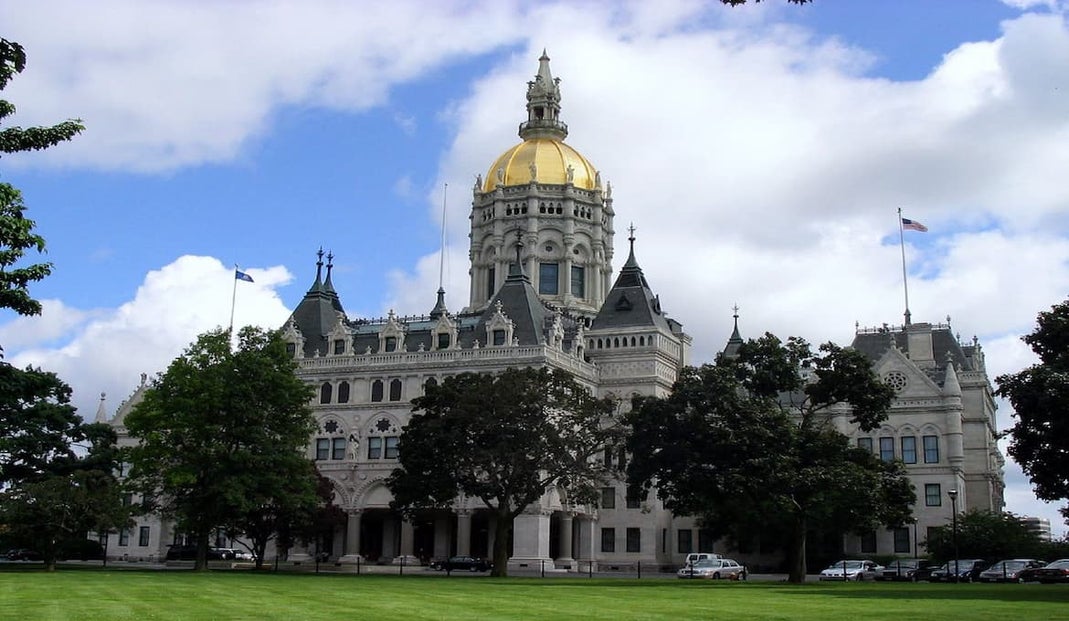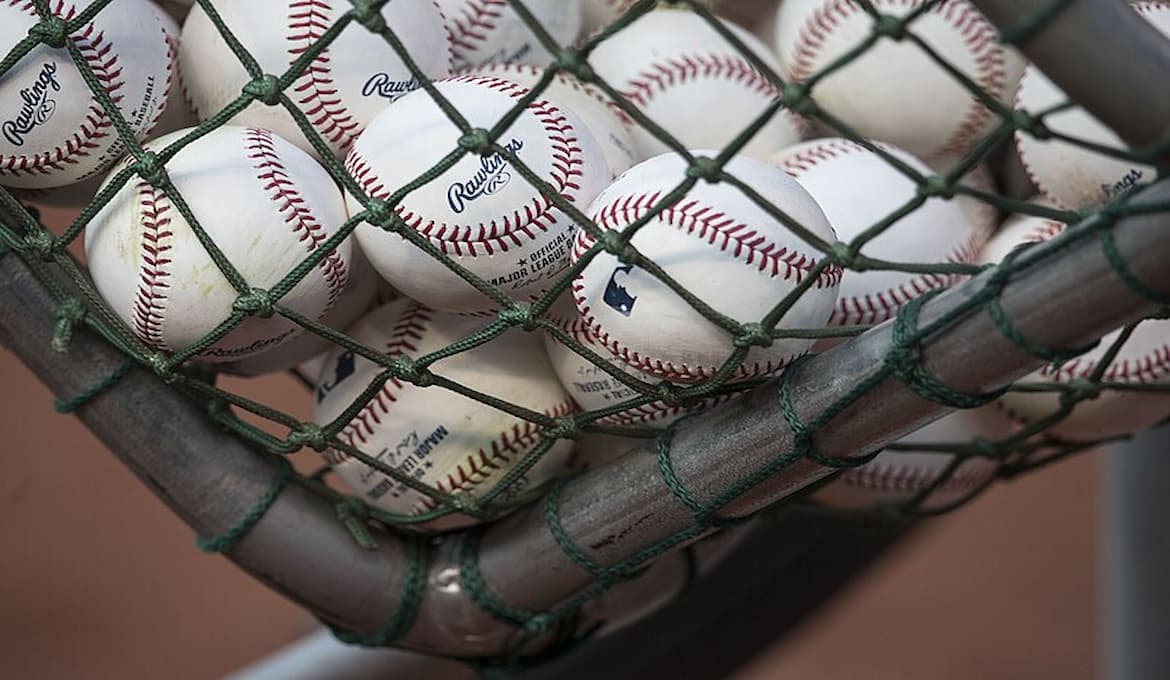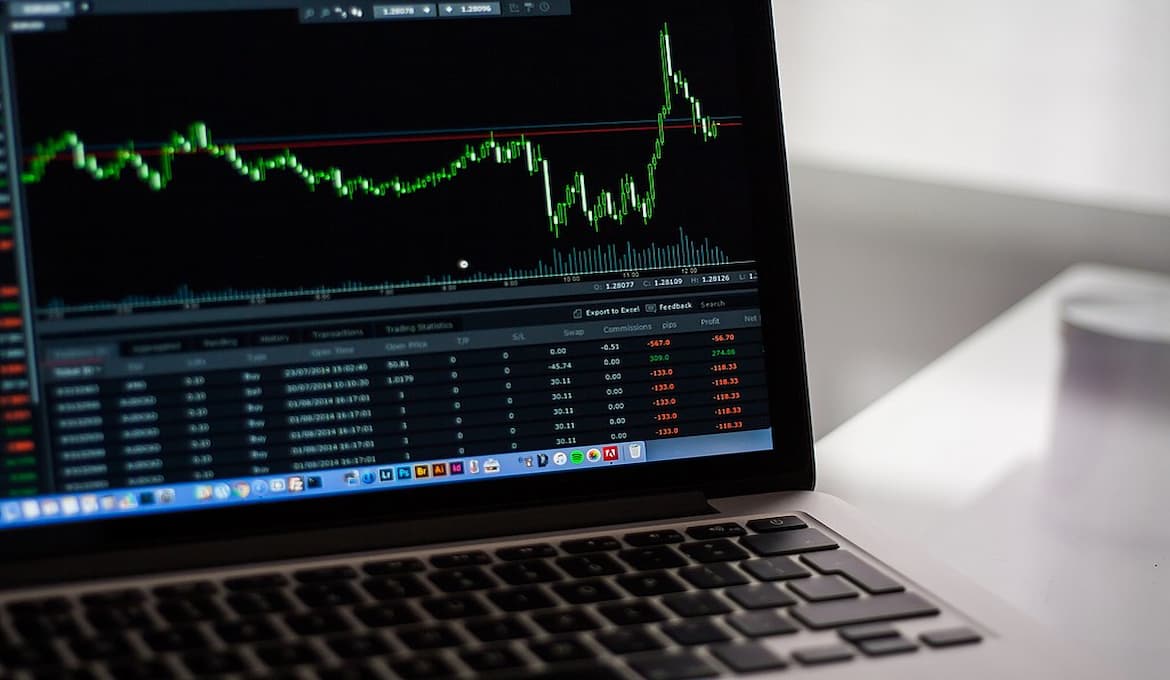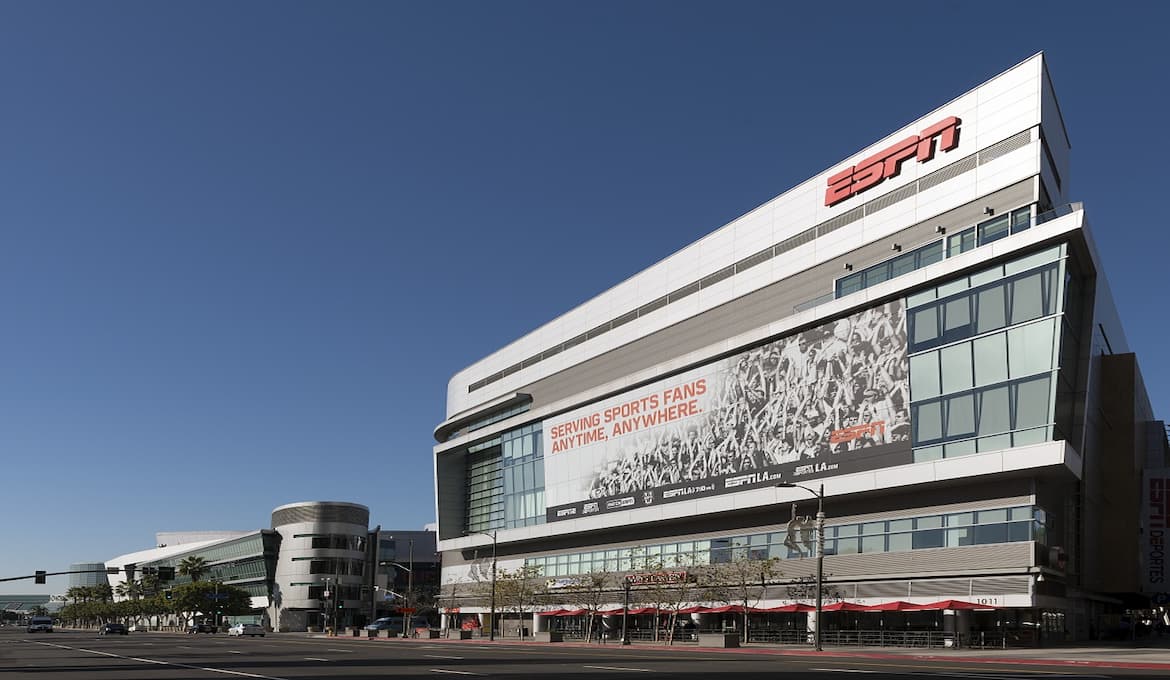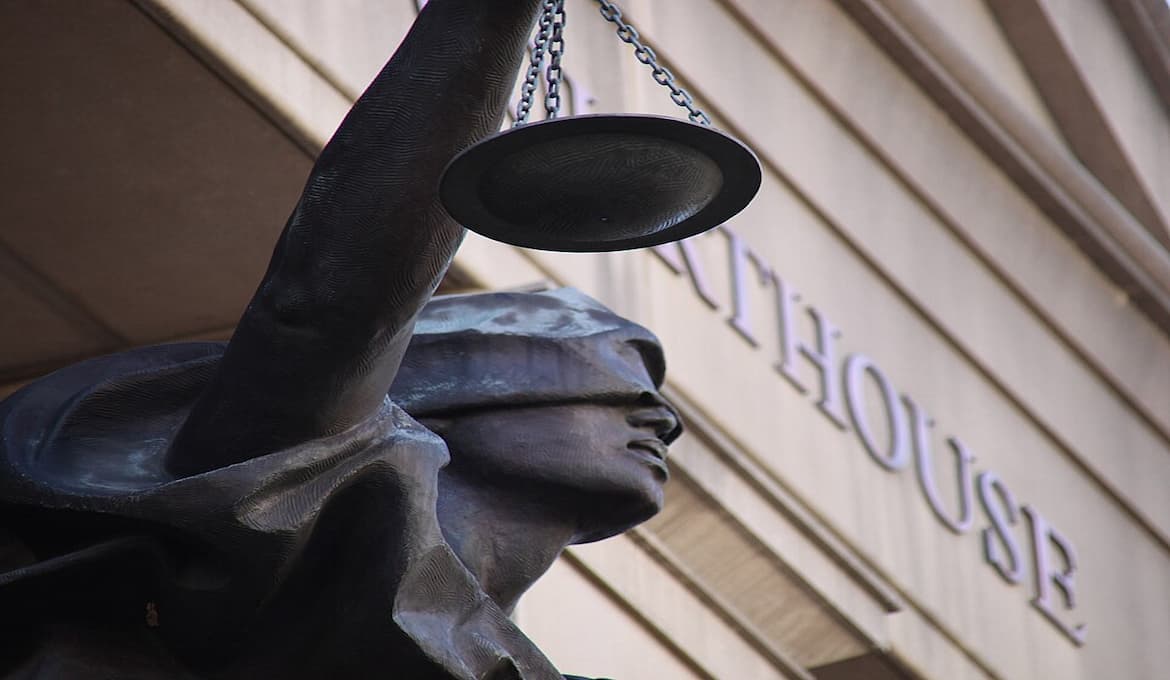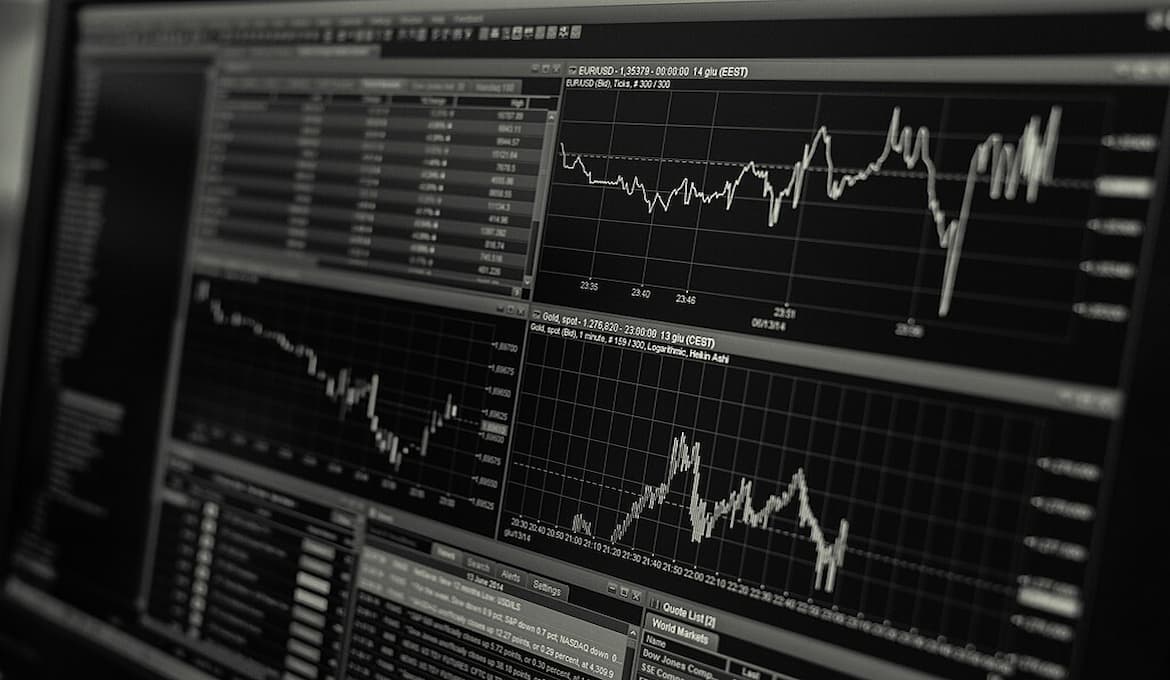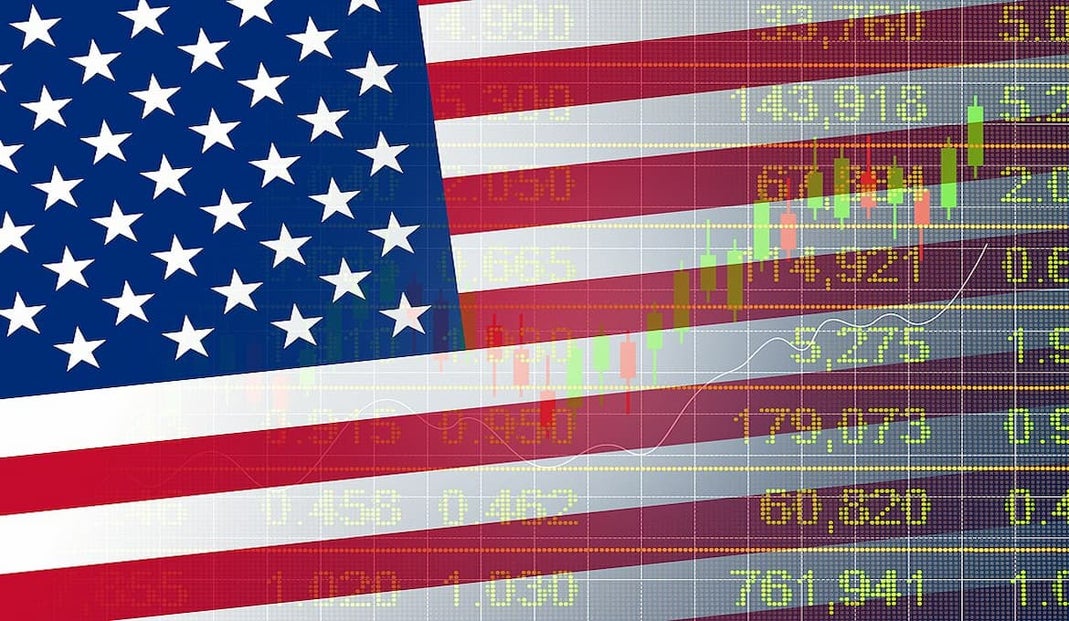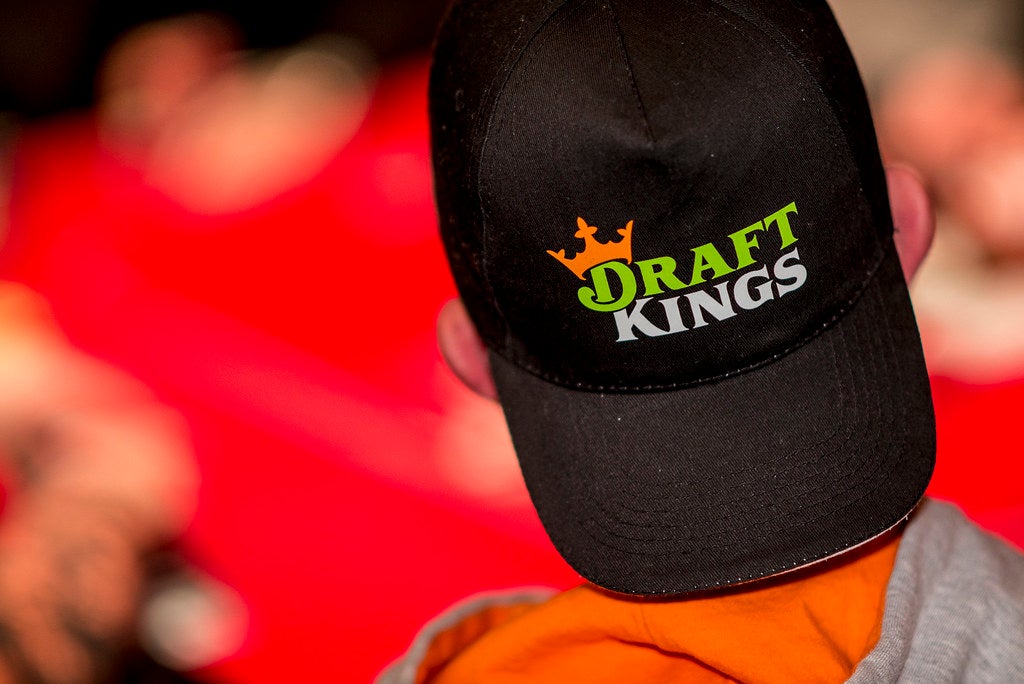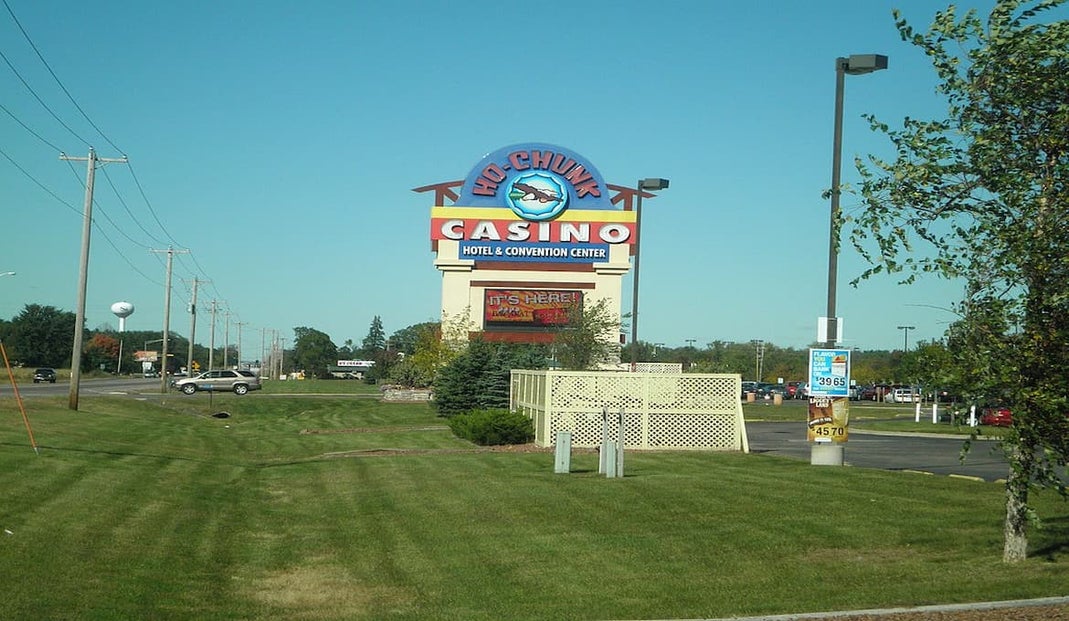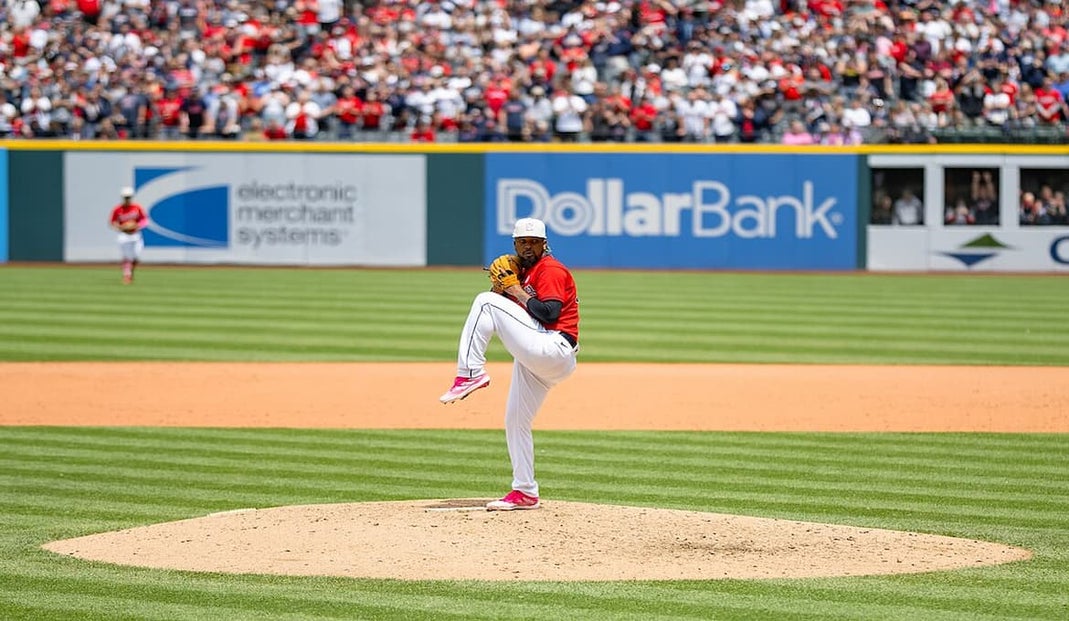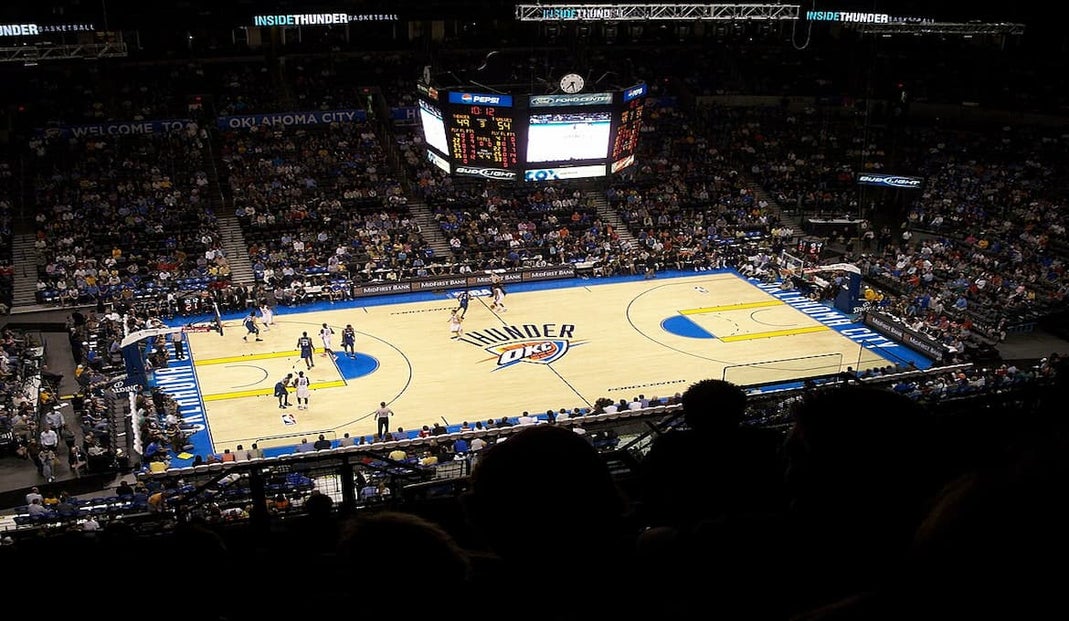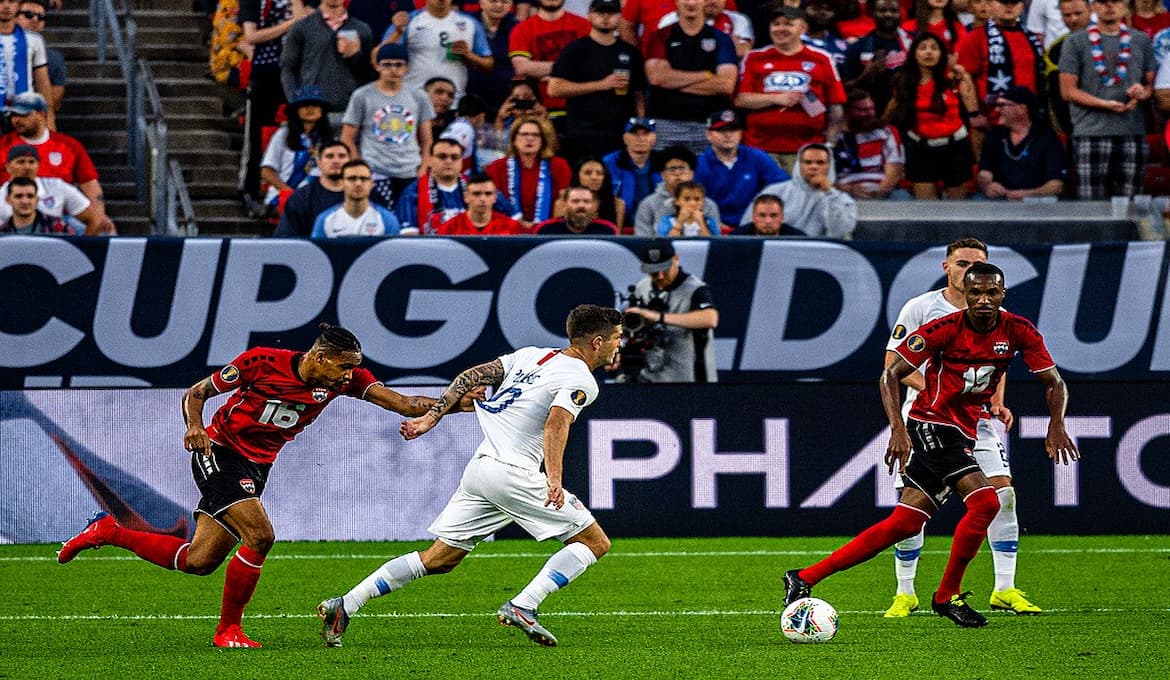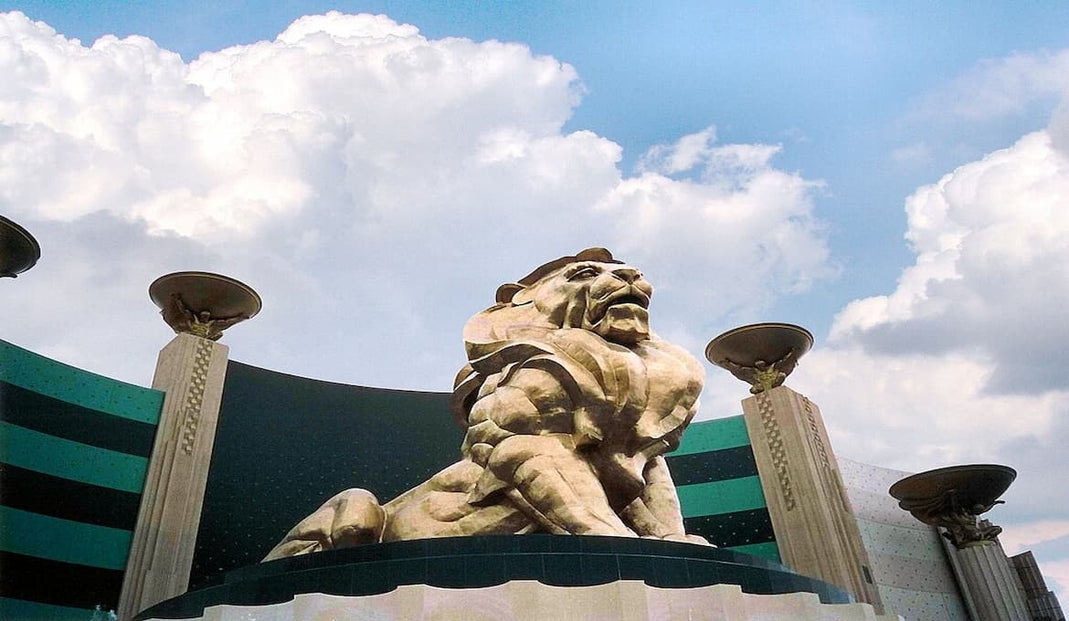Wilder Stunned By Bill’s Reaction
Rep. Wilder was surprised by the ferocity of the pushback from sports betting operators. While he hasn’t come up with the idea of a tax hike, he shared that he needs more information before the bill can move forward.
I have some learning to do,” Wilder shared in an interview about the decision. “I look forward to hearing the testimony from the industry, to gain a deeper insight of what the industry has with respect to their needs and their concerns on this issue.”
Sportsbooks Sent Clear and Loud Message
While the state’s sportsbooks did not publicly denounce the bill, they made their feelings clear to the state legislature.
The details of the dealings between the two sides are unknown, but operators likely took the proposal as a personal attack. They have made significant investments in the middling market based on its friendly tax rate. A rate of 51% would substantially cut their profits, while a band on promotional betting would take away their top marketing take. While the state’s sports betting market has been solid, its numbers do not justify having the same tax rate as New York.
Debate Over Tax Rate Isn’t Over
While the bill didn’t last long in the Louisiana House, it did gain bipartisan support. Many state legislatures have pushed for tax hikes on operators after their markets far outperform expectations. The result has been a deepening divide between sportsbooks and lawmakers, causing tension nationwide.
While sportsbooks will always oppose any change that cuts into their profits, we have seen the two sides compromise in other markets. Illinois tried to raise its tax rate to 51% but instead got enough support to set up a tiered system determined by overall revenue. Colorado eliminated a cap on sports betting tax revenue, which sportsbooks saw as an acceptable alternative to raising the rate.


